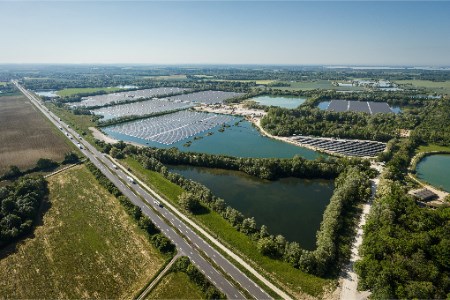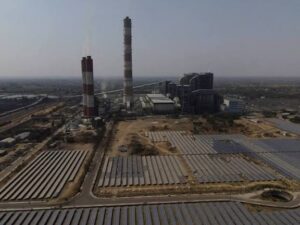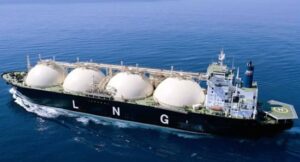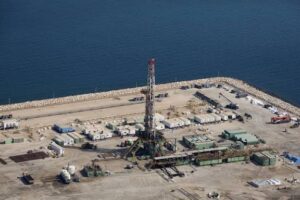Angola has made a significant natural gas discovery that could reshape its energy landscape and boost its economy. The newly found reserve, located in the Lower Congo Basin, holds over one trillion cubic feet of natural gas and about 100 million barrels of condensates. This marks the country’s first dedicated gas drilling operation, carried out by Azule Energy—a joint venture involving BP, Eni, and several Angolan partners.
The discovery comes as part of Angola’s 30-year National Gas Master Plan, which aims to attract $30 billion in investment and deliver $150 billion in long-term economic value. So far, Angola has already secured $60 billion in funding pledges, a sign that global investors are taking its energy ambitions seriously.
Having left OPEC in 2023, Angola is working to reduce its dependence on oil and develop its gas sector. The country is also positioning itself to become a key gas supplier to Europe and Asia, potentially earning $2–$3 billion in annual LNG revenues by the late 2030s.
To support this shift, Angola has launched the New Gas Consortium, its first project focused solely on non-associated gas. It’s also enforcing laws to end gas flaring and promote responsible energy development.
Despite this progress, Angola’s oil income has recently declined. In the first quarter of 2025, it earned $6.4 billion from oil exports—an 18% drop from the previous year—due to falling prices and lower export volumes. China, India, and Indonesia remain major buyers of Angolan crude.
Outside the oil and gas space, Angola is aiming to become a global diamond producer, targeting 17.5 million carats per year by 2027. The government is also exploring ways to connect its mining, energy, and agriculture sectors to expand fertilizer production and drive broader economic growth.
Meanwhile, the Africa Finance Corporation recently highlighted Angola and Nigeria as key players in Africa’s energy transformation. The report noted that if Africa’s refineries run at full capacity, the continent could soon produce up to 90% of its own fuel needs—double what it managed just a year ago.
Nigeria’s role in this shift has been strengthened by the Dangote Refinery, which began producing gasoline locally in late 2024. The $20.5 billion facility processes 650,000 barrels of crude per day and sells refined products in local currency—helping the country save foreign exchange.









